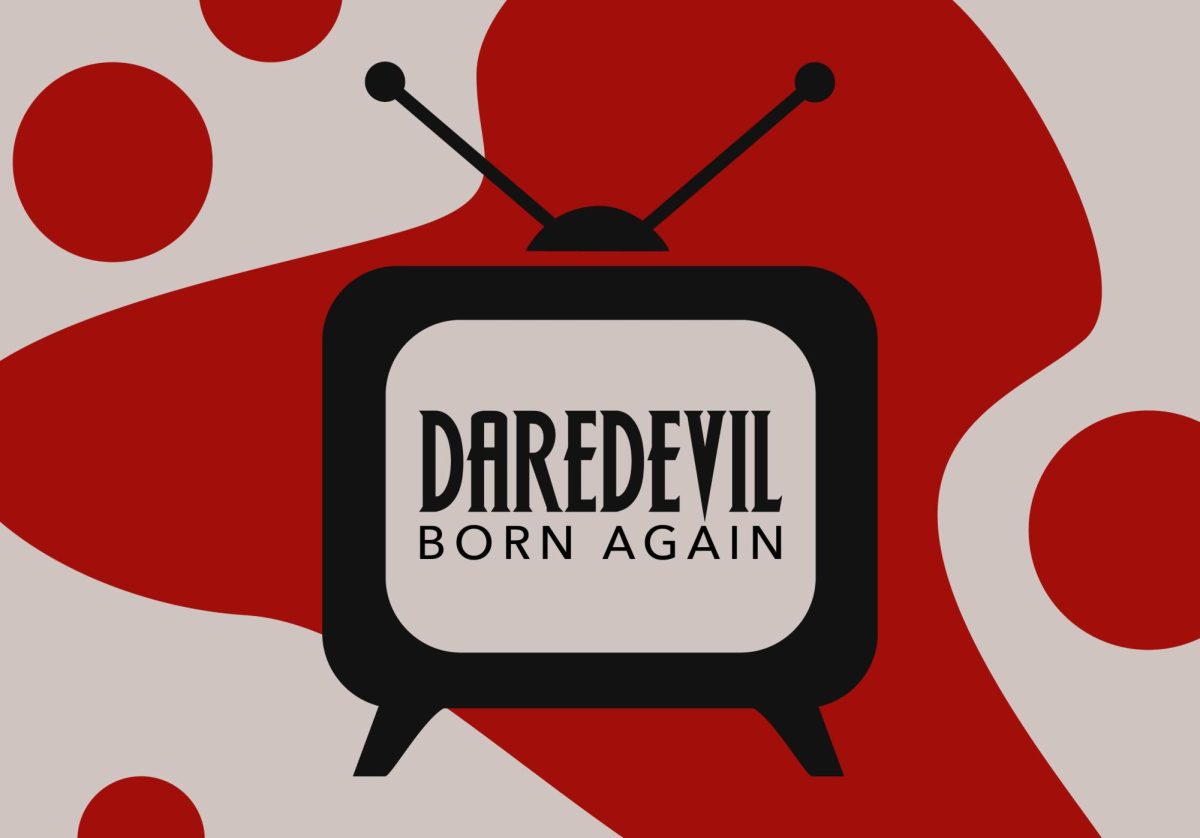S
Author: Haruki Murakami
Publisher: Knopf
Pages: 192
Price: $21
 ome authors find transcendent limits by taking acid and staring at curtains, but Haruki Murakami ran 62 miles and felt like his body had “passed through a stone wall.” In his first memoir, the ex-jazz club owner and author of books about talking cats and men stuck in wells chooses a daringly simple theme – running – to center his history around.
ome authors find transcendent limits by taking acid and staring at curtains, but Haruki Murakami ran 62 miles and felt like his body had “passed through a stone wall.” In his first memoir, the ex-jazz club owner and author of books about talking cats and men stuck in wells chooses a daringly simple theme – running – to center his history around.
Most of Murakami’s narrators are chatty men, unsurprised by the surreal events around them as long as they can settle down at night with a grilled meal and a glass of whiskey. Any suspicions that the musings of his narrators are actually Murakami speaking as himself gain extra ground after a couple chapters of “What I Talk About,” as Murakami recounts his days with the same calmly methodical descriptions of habit and happenstance.
The author finds many parallels between marathon training and writing novels – both take focus, perseverance and copious amounts of solitude – but mostly he sees running as a means of retaining a youthful vitality.
He describes the mind as a rock that has veins of water running through it, and the artist’s task is to crash through the rock and tap into a vein.
Writing, for Murakami, contains the same danger as eating a Fugu fish, whose best taste is located nearest to its poison.
“When we set off to write a novel Ö like it or not, a kind of toxin that lies deep down in all humanity rises to the surface,” he explains. “All writers have to discover a way to deal with it, otherwise no creative activity in the real sense can take place.”
The memoir contains few elements of Murakami’s personal life. He mentions his wife two or three times, but little about their relationship, and things get about as juicy as they come when he admits that he used to smoke 60 cigarettes a day.
“What I Talk About When I Talk About Running” is no culturally punchy memoir, like Dave Eggers’ “A Heartbreaking Work of Staggering Genius.” It doesn’t even delve into the emotional material of its namesake, Raymond Carver’s “What We Talk About When We Talk About Love.” Newbies to Murakami might need to digest a novel or two before finding fascination in this quiet and subtle discussion of philosophy crossed with habit.
Curious? Start with “After the Quake.” This compilation of short stories has characters that range from a possible Christ to a talking frog – and Murakami makes it work.







